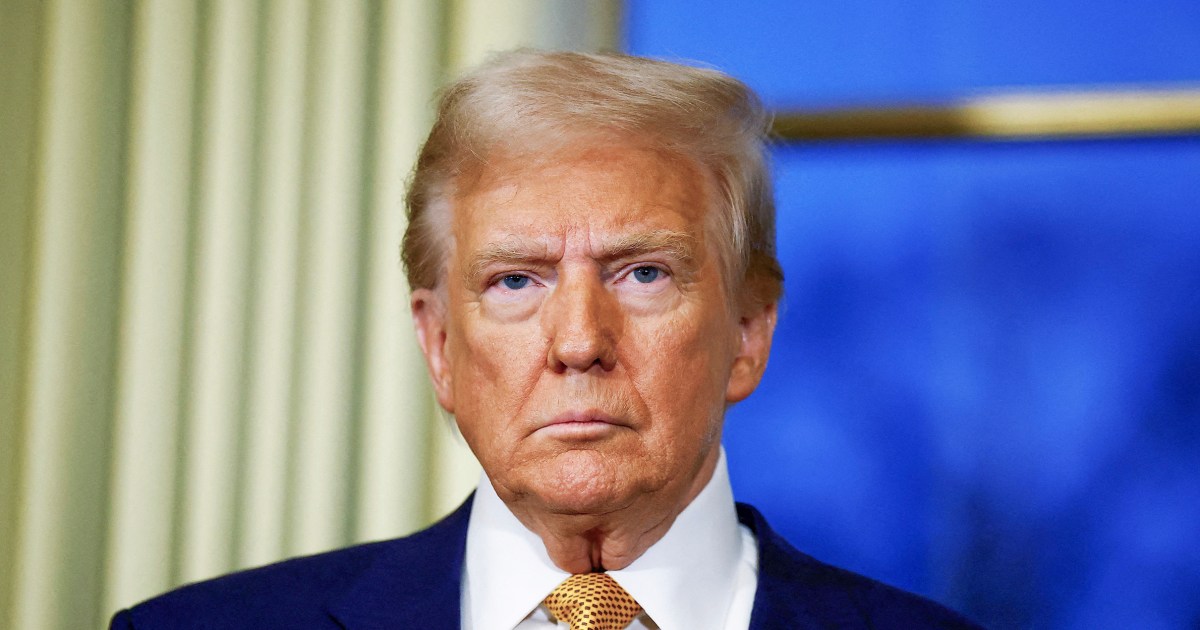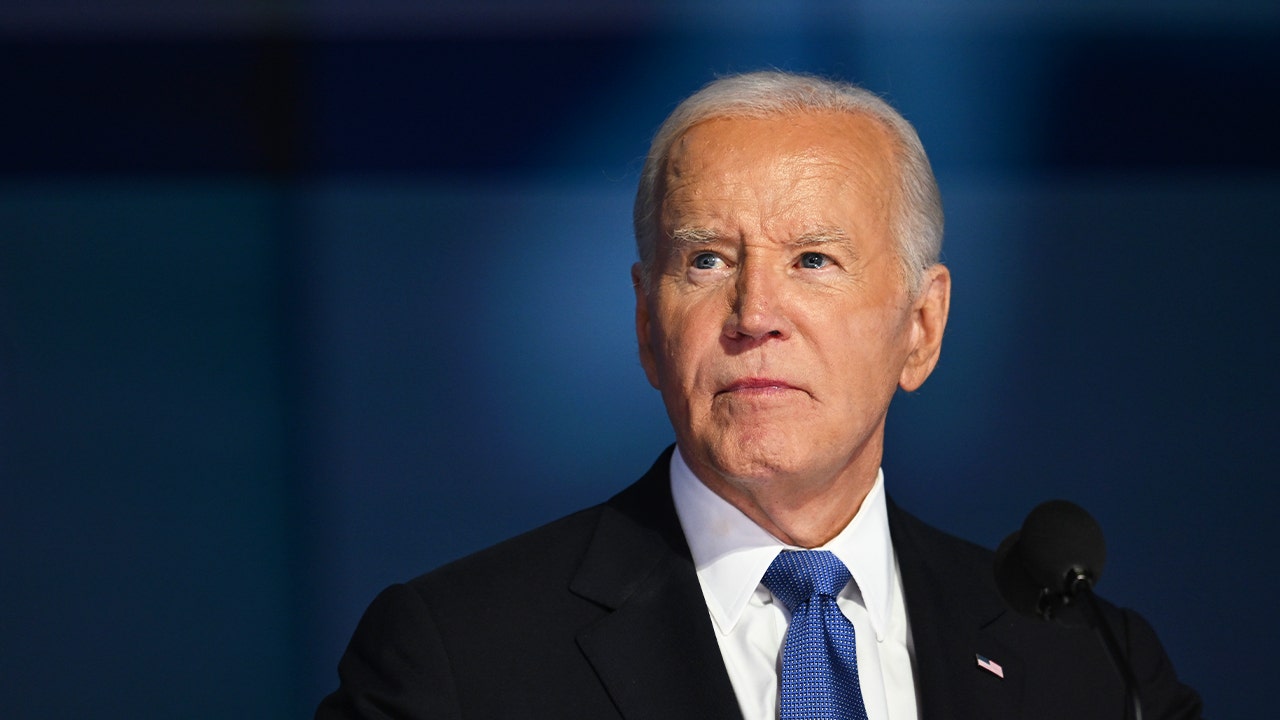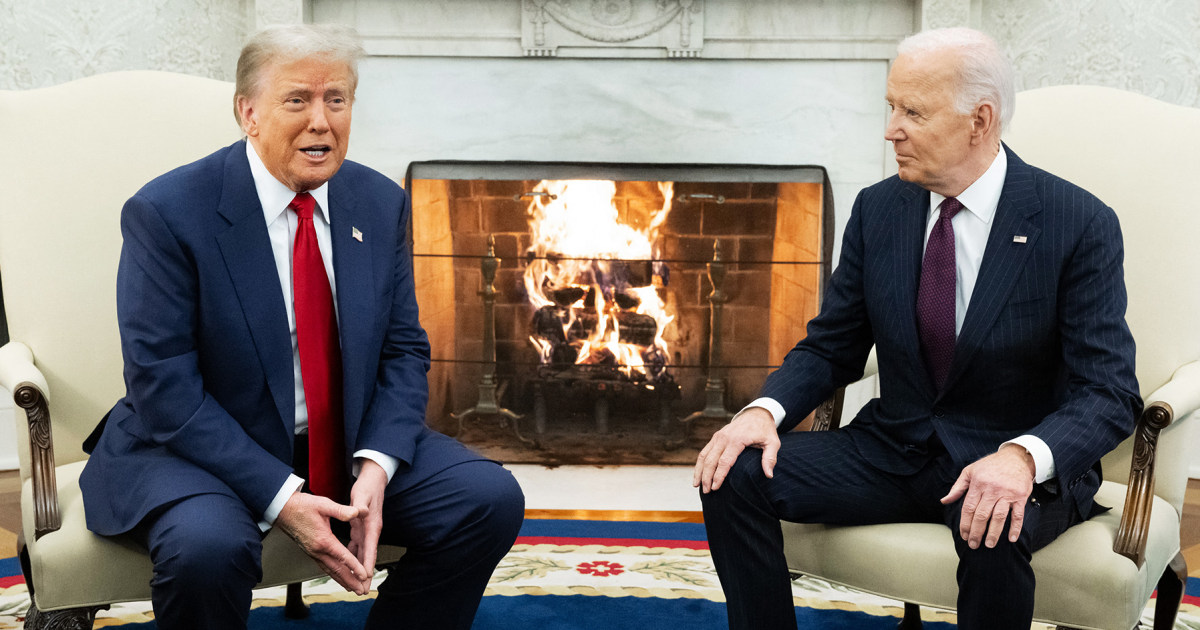It’s not uncommon for a president-elect to enjoy a “honeymoon” phase in the aftermath of a successful national election. It’s a period of time in which an incoming American leader is able to bask in his or her victory, welcome congratulatory wishes, and imagine a world of exciting possibilities before the real work begins on Inauguration Day.
In theory, Donald Trump could be enjoying his “honeymoon” phase. In practice, the Republican keeps stepping on rakes.
Take last week, for example. My MSNBC colleague Hayes Brown summarized:
Leave it to President-elect Donald Trump to take one Washington crisis and add another one on top. As a plan to keep the federal government over the holidays began to waver this week, Trump injected a new demand: pausing — or altogether abolishing — the debt ceiling before he takes office in January.
Throughout his first term, Trump had a habit of screwing up policy agreements with 11th-hour demands that didn’t make a lot of sense, and last week’s developments suggested that the president-elect learned very little from those experiences.
A stopgap spending bill was working its way through the legislative process on Capitol Hill, which generated very little interest from Mar-a-Lago — that is, until late Wednesday afternoon, when Trump published an item to his social media platform demanding that congressional Republicans add a debt ceiling increase to the bill. Failing to do so, Trump added, would be “a betrayal of our country.”
Roughly an hour and a half later, he published a follow-up piece, adding that any Republican who would be “so stupid” as to approve a spending bill without increasing the debt limit “should, and will, be Primaried.”
On Thursday, Trump echoed his demand. A day later, he did it again.
GOP lawmakers on Capitol Hill initially expressed confusion — a debt ceiling increase is still months away, and the issue played literally no role whatsoever in the negotiations surrounding the continuing resolution — before ultimately expressing indifference. On Friday night, the House and Senate approved a spending package that prevented a shutdown, and it was silent on the nation’s borrowing limit.
The one thing Trump wanted was the one thing he didn’t get.
He didn’t have to suffer this embarrassment. In fact, he didn’t have to do anything. He chose to intervene, in the 11th hour, with an odd and unnecessary demand, which Republicans rejected and left Democrats wondering aloud about his mental health.
If this were a rare setback in an otherwise flawless transition phase, it’d be easier to overlook. But the opposite is true: In the seven weeks since Election Day, Trump and his team have careened from one failure to another, as part of a pre-inaugural process that can only be described as shambolic. What’s more, by some measures, it’s getting worse, not better.
The apparent point of the president-elect’s fixation on his illusory “mandate” is to present himself as a powerful political titan, poised to arrive at the White House without a head of steam and the backing of the electorate. But as MSNBC’s Chris Hayes summarized on Friday night, “This does not seem like an unbeatable colossus at all. This seems like a pretty weak leader who is hemorrhaging political capital.”
Source link
 Insights Daily World is your one-stop destination for discovering unbeatable discounts, trending deals, and the latest offers across various products. Stay informed with the newest updates, breaking news, and insightful deals, all designed to help you save and stay ahead
Insights Daily World is your one-stop destination for discovering unbeatable discounts, trending deals, and the latest offers across various products. Stay informed with the newest updates, breaking news, and insightful deals, all designed to help you save and stay ahead




